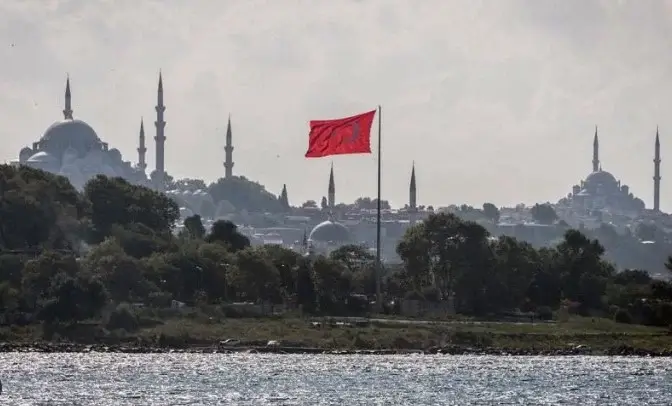Ahead of Turkey's presidential election, there were criticisms that the country's central bank sold large amounts of US dollars to the market to prop up the Turkish lira, hurting the competitiveness of Turkish exporters in world markets.
The depreciation of the Turkish lira began immediately after the presidential election on May 28, which was won by Recep Tayyip Erdogan.
The Turkish lira, which has lost more than 2% of its value against the US dollar over the past two days, traded in a range of 20 May on May 30 ,38-20.42 lira per $1.
According to sources, the depreciation of the Turkish lira will continue in the coming weeks.
Highlighting the problems with access to bank loans in Turkey, the EIB coordinator also said, that credit barriers should be eased for the business world.
“Energy prices should also be lowered to keep Turkish exporters competitive,” said Eskinazi, coordinator of the Aegean Exporters Association.
According to the Turkish Steel Producers Association, or TCUD, energy prices in Turkey have quadrupled since 2022, pushing the total production costs of factories up to 28% from 8% a year ago.
However, electricity and natural gas prices have come down in recent months following price cuts by the Turkish government.
Despite recent cuts, energy costs still remain higher than competitors, according to Turkish steelmakers who require continuous reduction in energy prices to remain competitive in export markets.
With a nearly 53 percent drop in exports in March, Turkish steel exports fell by 48.3 percent year-on-year to 2.5 percent, according to TCUD. 2 million tons in the first quarter.
Weak demand in both the domestic and export markets, as well as competitive import offers, continue to put pressure on steel prices from Turkish mills.




